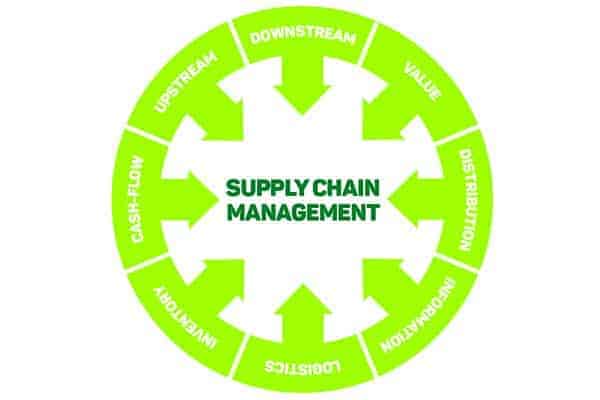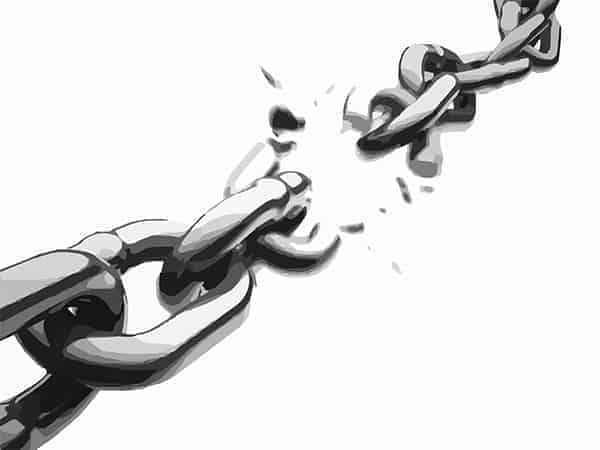
Is Your Supply Chain at Risk Without Credit Management?
Posted on 1st December 2018 by Phil Ainley
Supply chain managers expect to face plenty of risks, including natural disasters and theft of cargo. They also are used to dealing with long lead times and having to manage spikes and sudden drops in demand.
However, one risk that is having a growing, and damaging, impact on supply chains is debt.
Paul Daine, of Premier Collections, discusses the impact of debt and why supply chains must be sure of their credit management.

Recognising the Risks
“Maintaining a robust, reliable supply chain must be a priority, but even a small chink in it can be the start of problems. Before you know it, you can be at risk of failing to meet customer demand, or not having enough working capital or cash flow.”
As Paul points out, the best approach is to be proactive. This means taking measures to ensure the supply chain is resilient.
“You must be as familiar as you can with who your supply chain partners are. Effective supply chains rely on good, strong, transparent relationships.”
This is about creating collaborative partnerships built on trust.
“There is an interdependency here. Just as you’re reliant on your partners in the supply chain, so they rely on you.”
What does this mean for credit management?
“While strong relationships are the foundation for strong supply chains, you should also routinely and diligently use data to back them up. Where there are warning signs in activities and company records, act on them.”
Credit management is risk management to a large degree.
“Take responsibility for your own credit strength but monitor that of others. Remember, if your supplier’s credit rating is downgraded this could impact on your own operations.”

Recognise any weak links or chinks in your supply chain
More Actions
It is important to try and avoid surprises, which means screening your potential supply chain partners, and have a system that will alert you to any changes in their financial health.
“Always look for clear answers. If they are not forthcoming, then this is telling you something. Be cautious.”
At the same time, it is important to keep a balanced view: some suppliers may go into financial risk but not present so big a problem.
“It might be a one-time supplier who is easy to replace. Always analyse first, then act.”
Paul emphasises that while mitigating supplier risk must be a priority, it is also essential to have to hand the resources for commercial debt recovery.
“We are in an unprecedented period of debt, at all levels, including corporate. For many businesses, it is an inescapable reality. Dealing with this reality in your supply chain is business-critical.”

Get to know your suppliers to avoid any surprises
Related Articles:
Credit Management, Cash Flow and Getting Paid
Disclaimer:
The information in this article has not been written by Caunce O’Hara & Co Ltd or any of Caunce O’Hara’s employees. None of the opinions or views contained within this article are Caunce O’Hara’s nor do we accept responsibility for any financial advice given within the article.
Caunce O’Hara & Co Ltd do not provide Life Insurance policies nor advice regarding Life Insurance or accounting and bookkeeping.
